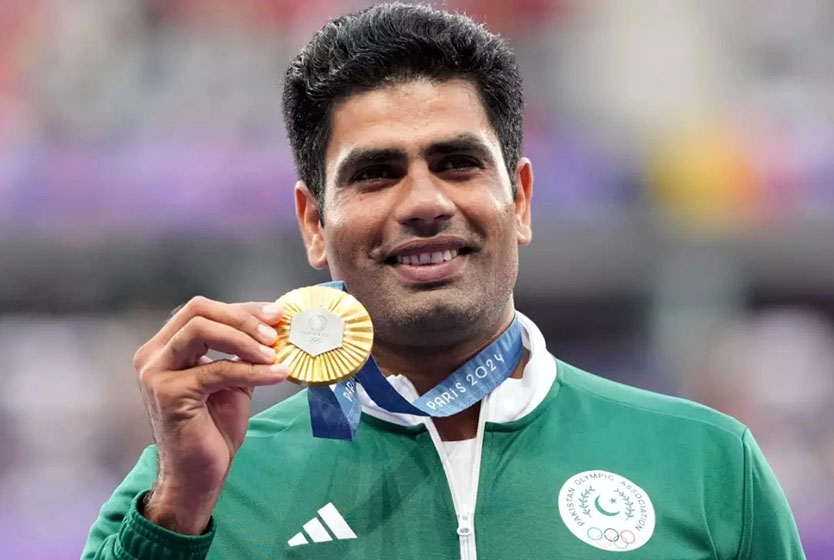
All That Glitters
Pakistan and I have a strange relationship.
At any given day, the level of patriotism I hold in myself depends on a variety of factors: it fluctuates based on the weather, whether it has rained or not, whether the roads survived the aforementioned hypothetical rain, if there was any load shedding in recent history, if I spent too much time watching the news, how sweet the mango I ate tasted, or how long it takes me after taking out my phone to remember that Twitter no longer works without a VPN.
When I was a child, Pakistan could sponsor no wrong, home no evil. When I was a young adult, new to the world of identity politics, perpetually on the internet, and slightly more socially sentient, I let go of the idea of belonging to a nation entirely – this was an identity too arbitrary, too manufactured, and too oppressive. Sure, on paper, I was Pakistani, but something inside me just didn’t care (that, or I was just a teenager). Over the years, though, I’ve realized that it is difficult to rid yourself of either: an identity or a home. I have learned that I won’t always love this country, but a part of me will still be the green-paint-smeared-on-face six-year-old. I have learned that even when my heart lurches with love for it, there are gaping holes I can’t ever overlook.
A variable that has generally been good for my personal API (average patriotism index) (I made that up), however, is sport. That’s a bit of a no-brainer, really, considering both – that one of the easiest ways to care about something is to turn it into a team to root for, and the fact that we are a country that keeps driving ourselves insane over a sport that refuses to love us back (it is not that sport’s day today, so I won’t name it). So when I sat down to watch the javelin throw final last night, I felt the same queasy dread in my stomach that, at this point, is just a symptom of living in Pakistan. I don’t think I will be that invested in this sport I don’t usually watch but then I watch Arshad Nadeem – flag on his chest, running up his throw – and then suddenly, I am. Just like that.
But it would be unfair to try and relive Arshad’s gold-winning triumph without acknowledging what he was up against. The good in Pakistan often doesn’t come until the waves of its share of bad have rolled over – and often, they don’t. Athletes in Pakistan mostly live their careers underfunded and unrecognized unless they prove their individual brilliance enough to warrant substantial support, unless too many factors, luckily, unrealistically fall in line. Arshad Nadeem has been no exception – much of his recognition came only after he had accomplishments to show for himself, and a lot of the monetary assistance that got him to the Olympics included brands and non-state sources. And while this time it has resulted in an unprecedented triumph, ‘do something great and we might notice you!’ is never a good precedent to set by those who are responsible for setting athletes up for success.
We love a good story. We love a good hero, a spearhead glinting against all odds, something unprecedented. We love an underdog, a miracle worker, a thwarter of expectations. But it is always important to remember that sometimes miracles are only miracles because they don’t get the chance to happen often. Arshad Nadeem’s victory is not a miracle for one simple reason: he built himself up to make it possible. A miracle would imply something impossible, a fantasy all but removed from the dirt and grit of reality. But as we have it, it takes a village to prevent a miracle – the village that pools money to help him compete, the hometown crouched around one television set watching their son win gold, the brothers and siblings waiting for him with a bowl of kheer to celebrate.
But it shouldn’t be this hard. It shouldn’t take an under-resourced town to provide for an athlete what authorities are supposed to provide. Where Arshad has gotten himself is due to his resilience – but continued resilience is a sign of hardships that refuse to stop despite being avoidable. Arshad’s success isn’t because he is from Pakistan – it is, unfortunately, despite. Anywhere else, Arshad’s success would be taken as a sign by other younger, hopeful athletes to chase their dreams. In Pakistan, they might believe that only pushing against the current, as Arshad did, might bring them some success. If we are lucky, this will prompt the sporting bodies in the country to fairly direct funds and personnel to help nourish and encourage young athletes who are yet to reach the pinnacle of their skills. And I hope we are lucky.
Pakistan sent a contingent of only seven athletes to the Paris 2024 Olympics, most of whom had trained independently and qualified on their own. On Thursday, Arshad was the only one left to compete and, by that point, the only one who held the possibility of winning a medal.
So when Arshad Nadeem takes a breath, says a prayer, and runs towards the line for his second throw, he isn’t just running with the javelin hoisted on his shoulders. He runs with the hopes and expectations of a nation and almost as many prayers. And if the weight was too much for him, then all the better that all he had to do was throw it as far as he can.
It is another August in Karachi, when I sit down to watch the javelin throw finals in the Olympics. There are tiny flags lining neighborhoods, and bigger ones, in the most patriotic fire hazard possible, stretched across the bonnets of cars. TV channel logos are lit up green, and roughly fifteen corporations are recycling ads they made a decade ago with school children in a gathering waving hand-held flags en masse. Somewhere along the line, we decided that the only national sentiment we needed to have was “green”, and that is all I’m thinking when I look at Nadeem’s green kit, and watch him hurl the javelin across the green lawn.
It takes me a minute to process where it has landed.
It is a testament to the Pakistani in me to look for a score of 90 and above when looking at anything that requires a score – but even I, in my overambitious imagination, couldn’t quite believe it. It is yet another testament to the Pakistani in me to look for a top-3 rank in a report card, so when it is announced that he bested an Olympic record, I feel a little lightheaded. I don’t really realize the magnitude of what he did because so far in my life, I have been awfully loyal to that sport to learn any other one, but as I watch the rounds progress, it begins sinking in. The aforementioned other sport has left me traumatized enough not to celebrate a victory until it is confirmed, so I keep expecting someone to surpass him, someone to throw it higher and further. No one does.
Arshad Nadeem’s triumph – his outstretched arms, his stifled prayers, the sajdah of gratitude – can be credited to no one but him and his coach, family, and immediate community. When you have fought against all odds and cut through a riptide and defeated the best in the world, there is very little generosity you owe to anyone else. But he does. He wraps a flag around his shoulder, thanks the nation for its prayers, and gives us something that we stay deprived of: a collective joy, a reason to want to belong. I don’t think the nation can take credit for Arshad’s victory, and less so the state. But the nation knows what it is like to have to be resilient, over and over again. And as far as celebrating a hero is concerned, or welcoming a champion, or feeling the sky light up a little brighter – it’s a pretty good time to be a Pakistani.

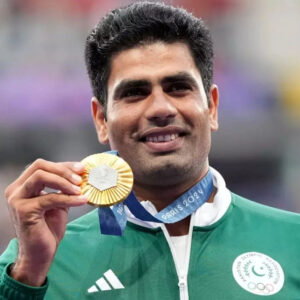
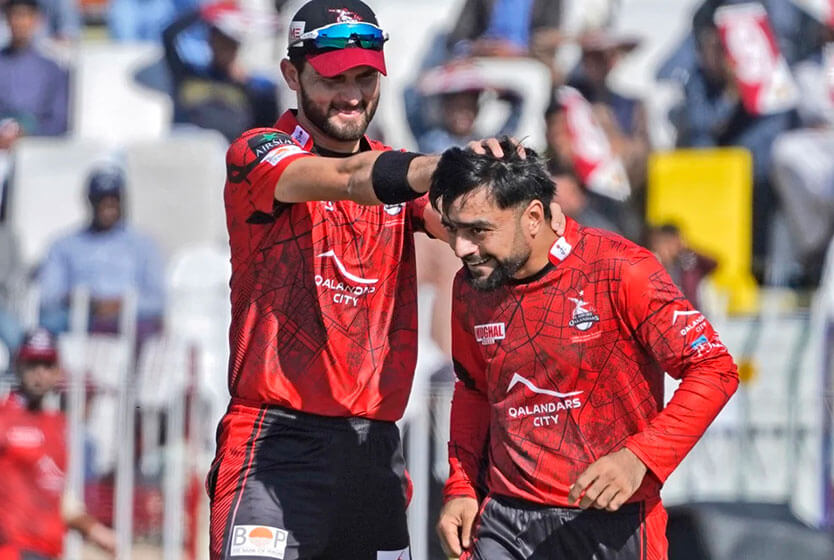
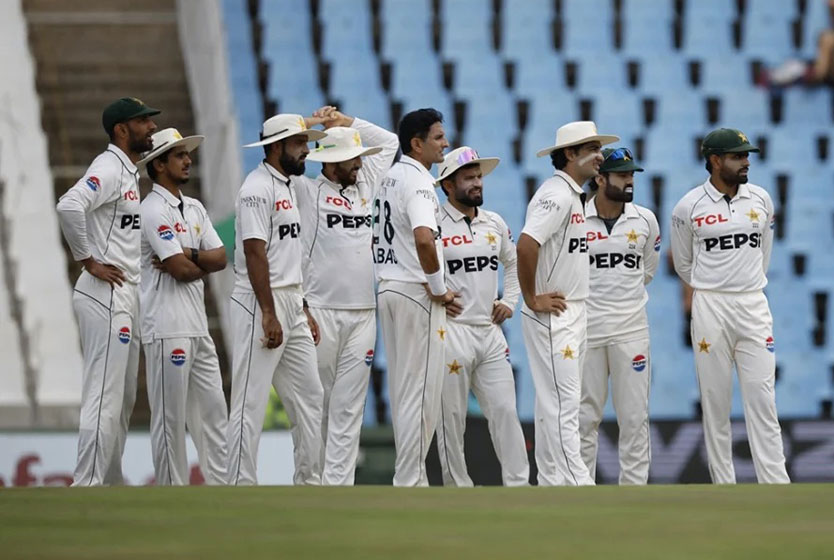
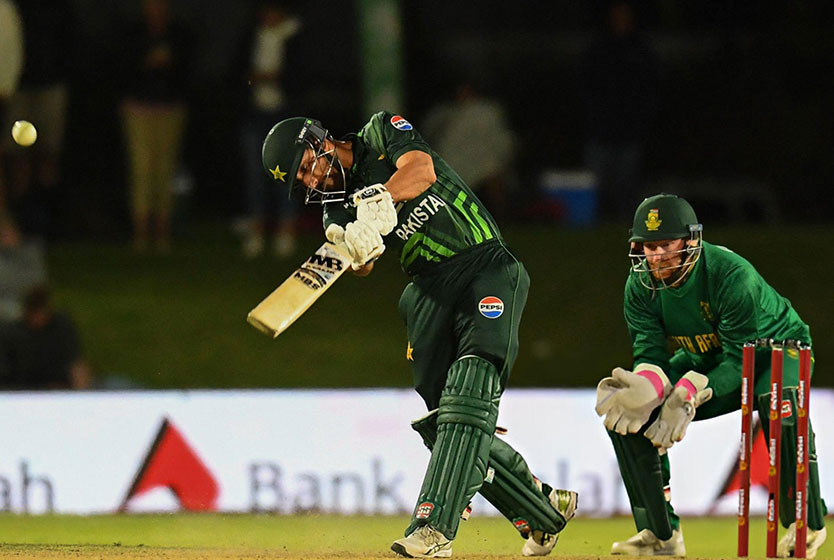
Leave a Reply